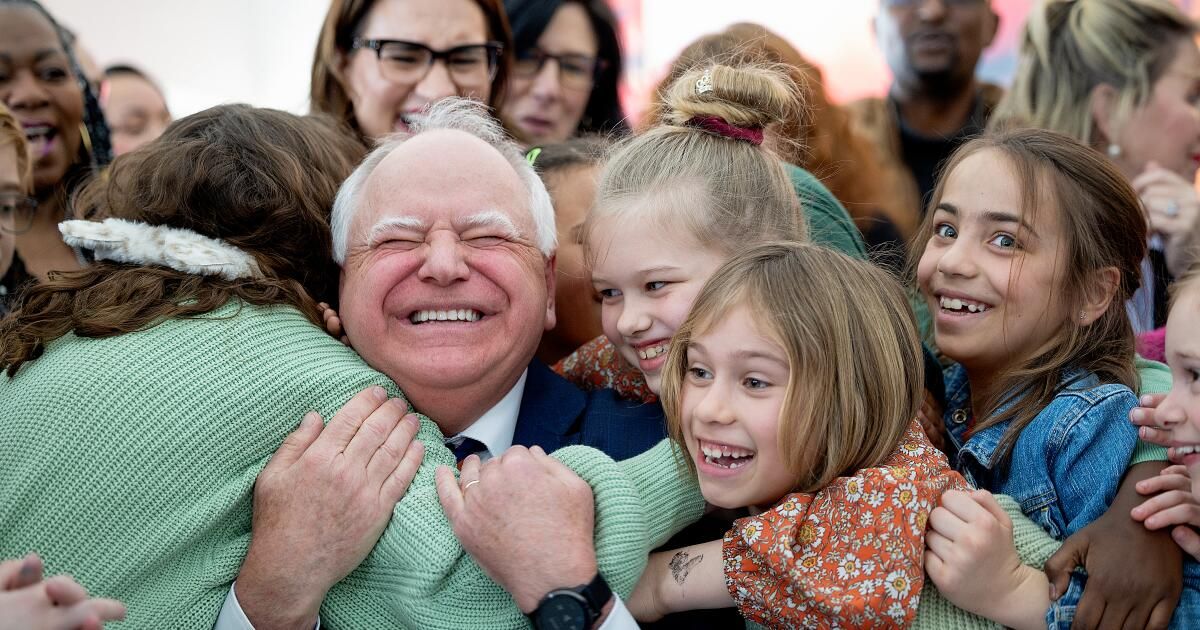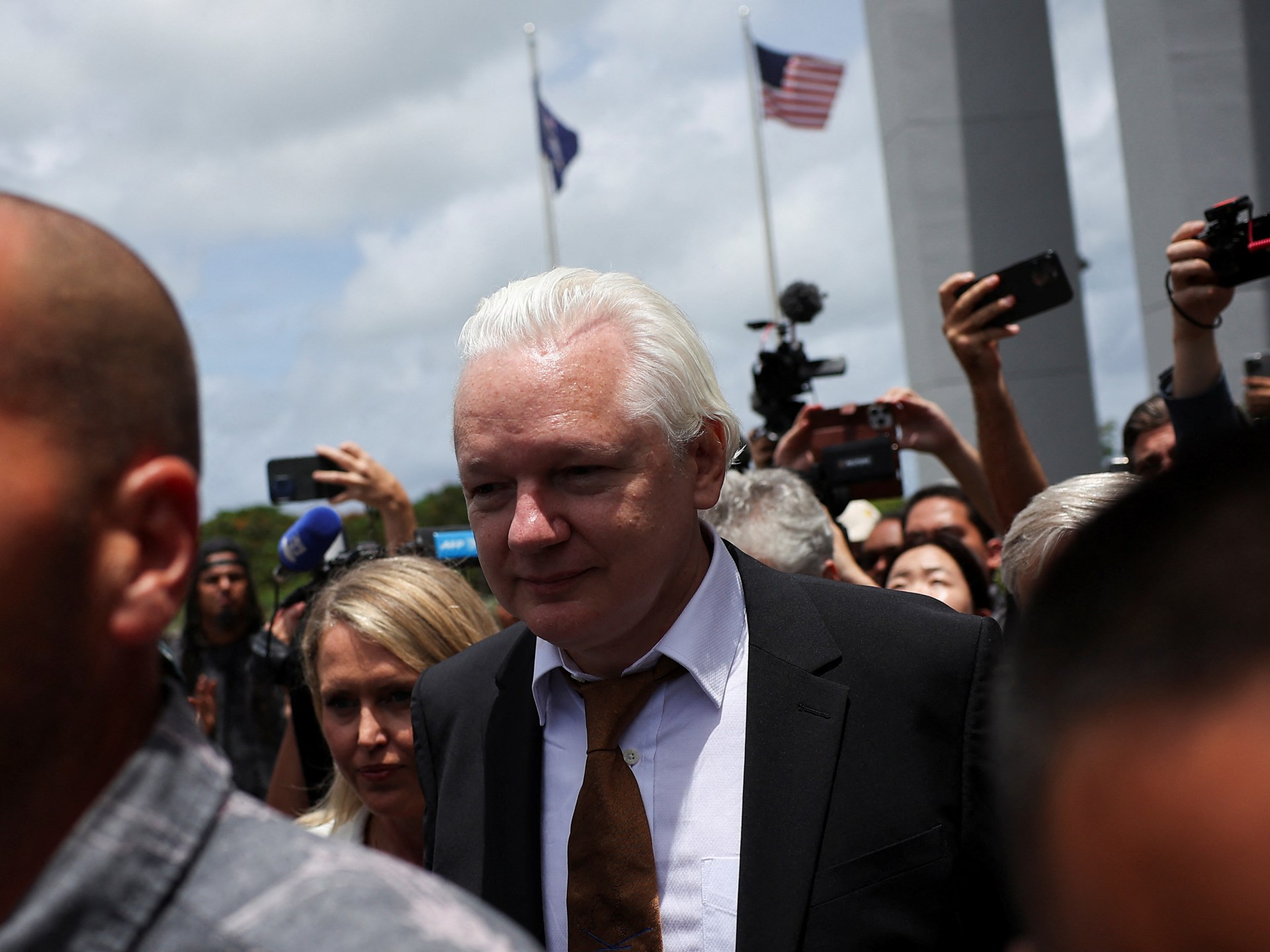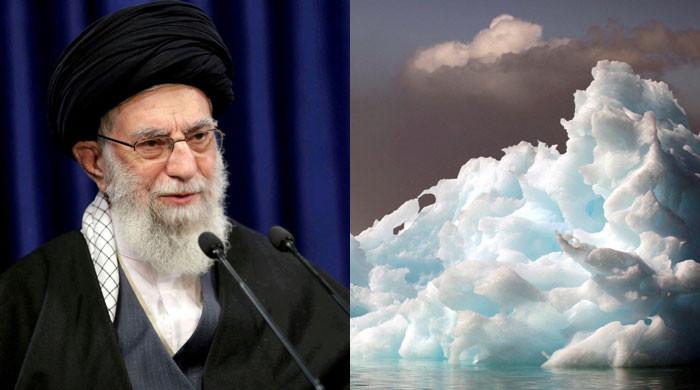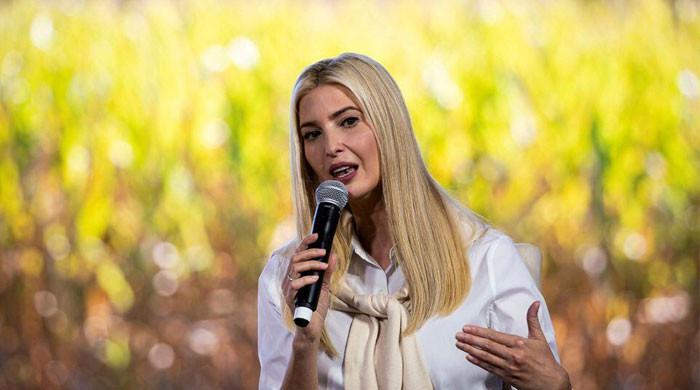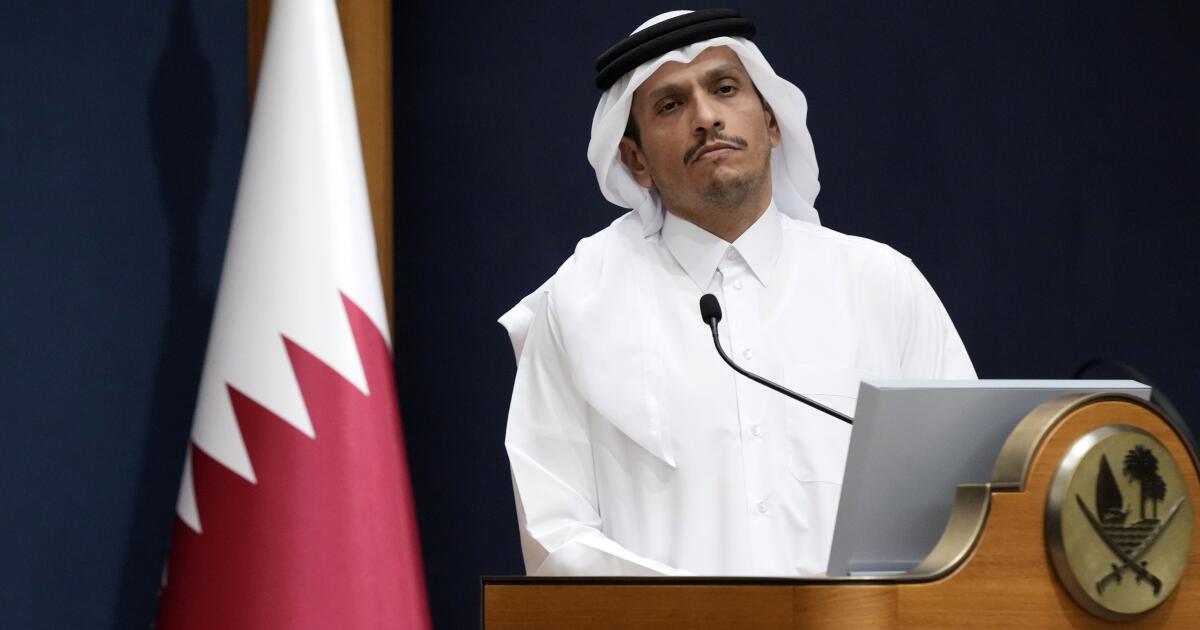Vice presidential picks rarely influence the outcome, but they do send signals about how the candidate intends to campaign and govern.
Former President Trump decided to magnify his image as a cultural warrior with this year’s choice of Sen. J.D. Vance of Ohio, a younger man who shares Trump’s “Make America Great Again” ideology and rhetorical style. It was a shift from his choice eight years ago of Mike Pence, a former Indiana governor and congressman handpicked by Trump to reassure evangelicals and traditional conservatives who were then wary of Trump’s takeover of the party.
Vice President Kamala Harris, in choosing Minnesota Gov. Tim Walz, is hoping to show her party that she won’t give up on the industrial Midwest, even as Democrats have hedged their bets in recent years by seeking votes in Sun Belt states like Arizona, North Carolina and Georgia. But she’s also found someone whose progressive policy agenda is largely in sync with her own, even if Walz is casting himself as a commonsense centrist.
Harris — the Black and Asian daughter of immigrants from California and the first woman to be vice president — has long been seen as the new face and future of the party, the leader of an electoral coalition that leans young, female, coastal, multiracial and highly educated. Her own selection by President Biden four years ago was seen as a nod to that reality by a consensus candidate chosen in part because many Democrats considered him a safe bet.
Walz, little known outside Minnesota until a few weeks ago, is seen as a bridge to white, working-class voters who have abandoned the party for Trump. A National Guard veteran, he looks and talks like the football coach and teacher he was, and he casts Trump as a “weird guy” with odd ideas — a critique Harris and others have embraced because it diminishes Trump in a frank way without sounding alarmist.
“He's a normal, everyday guy,” said Joel Goldstein, who has written several books about the vice presidency. “He doesn't come from a flashy, elitist background. He's not esoteric.”
Elaine Kamarck, a Democratic superdelegate who advised Vice President Al Gore, called him “Joe Six Pack” and a valuable counterweight “when you have a black and Asian woman at the top of the ticket.”
Harris was eager to have those everyman credentials when she selected him, according to a person familiar with the selection process who also cited Walz’s status as a rural-born hunter who won a congressional district that voted for Trump.
In that sense, the pick shares some similarities with former President Obama's choice of Biden (who loves to talk about “the boys” from his childhood in Scranton, Pennsylvania) when Obama campaigned in 2008 to become America's first black president.
But Walz, 60, and Harris, 59, have much in common — probably more than Obama and Biden. Both are progressives who are not seen within their party as ideologues, like Sens. Bernie Sanders of Vermont (an independent who caucuses with Democrats) and Elizabeth Warren of Massachusetts. Yet they govern largely from the left.
Harris struggled to define her ideology in the 2020 Democratic primary but has since embraced Biden’s agenda, which focuses heavily on infrastructure spending and environmental projects while attempting to expand programs to reduce the burden of child care and college debt. Abortion and voting rights also figure prominently in Biden and Harris’ rhetoric, though they have made no policy progress.
Harris wants to use Walz’s Minnesota agenda — a mix of progressive ideas and cross-cutting consumer issues — as a national model, according to the person who spoke about her deliberations. That includes an expanded child tax credit, a ban on so-called junk fees, gun restrictions and one of the most sweeping abortion rights policies in the country, written into the state constitution after the Supreme Court overturned Roe v. Wade in 2022.
Republicans immediately pointed to those positions in attempting to label Walz an extremist. They also highlighted a comment Walz made at a recent “White Dudes for Harris” campaign call: “Never shy away from our progressive values,” Walz said. “One person’s socialism is another person’s neighborliness.”
Many also raised questions about Harris’ decision to bypass Pennsylvania Gov. Josh Shapiro, who some Palestinian rights activists say is too sympathetic to Israel. Some Jewish leaders and Republicans argued that Shapiro faced excessive scrutiny because he is Jewish.
“It’s a bad omen that she’s being fired from Shapiro because of concerns within the pro-Palestinian wing of her party,” said Marc Short, who served as Pence’s chief of staff. “If she’s sensitive to those complaints when she’s probably the most progressive nominee they’ve had, it doesn’t mean she’s overly concerned about appeasing the center.”
Short tried to draw a contrast between Walz's laid-back Midwestern style and his views. Pence worked extensively with governors as part of the Trump administration's response to the COVID-19 pandemic, and Walz “couldn't have been nicer or more gracious,” Short said. “But if you look at the cultural agenda, the [Black Lives Matter] agenda, I think it does not come from the moderate wing of the Democratic Party, to the extent that they already have one.”
Some Democrats were pushing for Shapiro, or for Sen. Mark Kelly of Arizona, for another reason. Pennsylvania and Arizona are two of the most hotly contested swing states, according to polls that also show both men are extremely popular in their home states. Minnesota has not voted for a Republican in a presidential contest since 1972.
But it does share media markets and cultural ties with neighboring Wisconsin, one of seven big battleground states. Rep. Mark Takano, a Riverside Democrat who worked closely with Walz in the House on veterans issues, said presidential politics is “more chess than checkers,” claiming Harris’s choice shows she’s looking at the whole board. Takano said he received a text message from David Hogg, a young and influential gun control advocate, advocating for Walz before he was mentioned as a top-tier contender.
“He’s someone who has a lot of experience communicating and connecting with white working-class voters,” Takano said of Walz. But “he’s also getting a lot of enthusiastic responses from the progressive wing of the party.”

